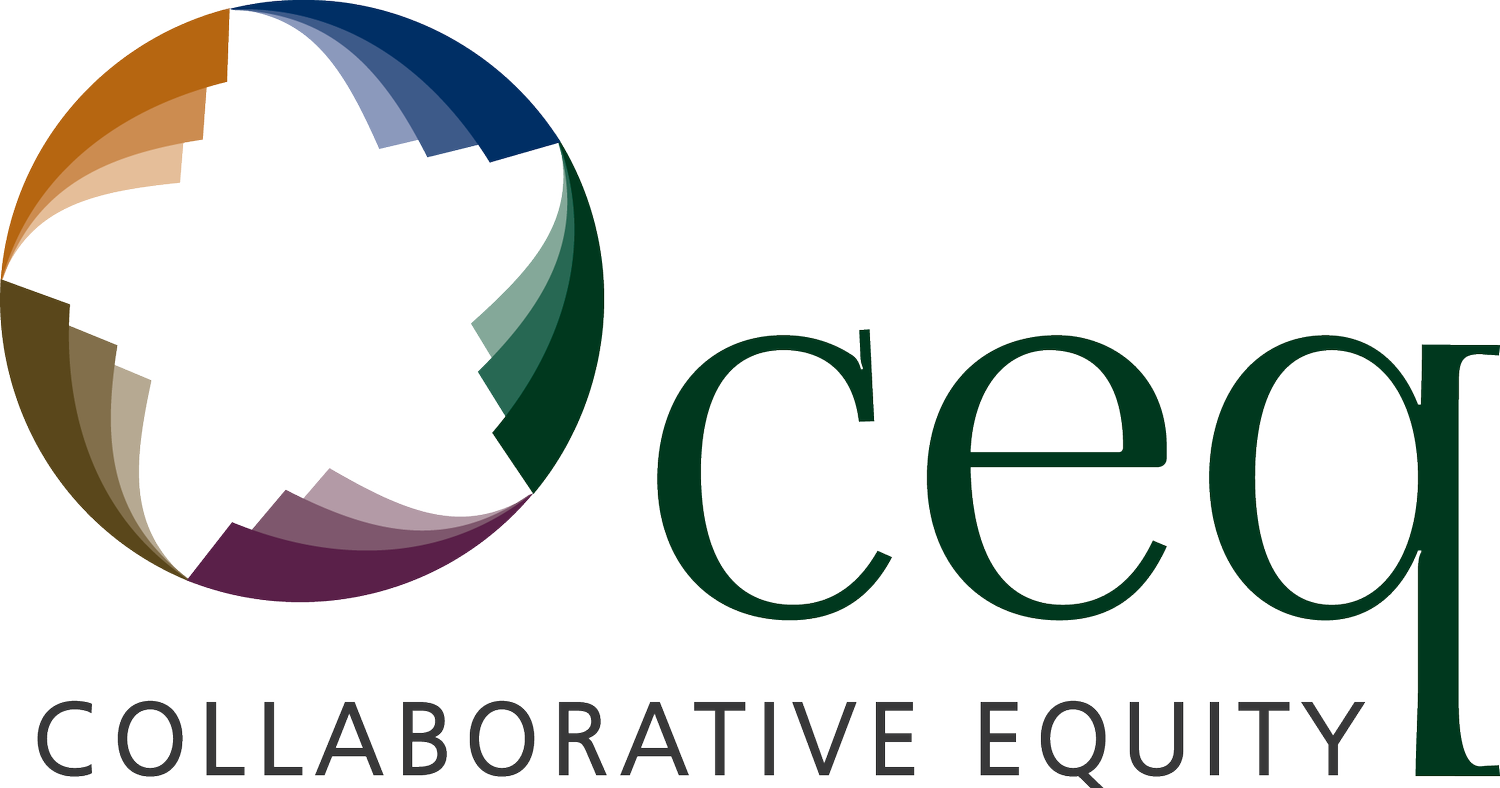CEQ v EQ
/Emotional Intelligence (EQ) depends upon on calm, conscious reflection and a considered and intentional moderation of our actions and responses. When we have the luxury of time and space, this is profoundly effective. But our corporate working environments rarely if ever give us that luxury, thus denying us the real opportunity to reflect and then respond intentionally. We are operating in a constant heightened state of pressure, thus our brains are running high levels of cortisol and our bodies high levels of adrenaline. In critical highly charged moments of interaction with other human beings, our ‘fight or flight’ physiological imperatives will be so strong that any ability to act calmly is simply unavailable to us. EQ is of no use to us since we cannot access the EQ data bank at that moment.
Even if we’ve trained ourselves to be able to access a more mindful state when we’re feeling stressed and pressurised, the responses sourced from a calm space are so counter intuitive to the fight or flight messages bombarding our physicality that taking an action sourced from calm reflection will feel way too risky to execute.
And so EQ inadvertently plays into the old and seemingly unfathomable dilemma of short v long term, the dilemma of acting ethically v doing whatever it takes, and the dilemma of people growth v business results. Our intellects might well believe that focussing on long term strategies, acting more ethically and focussing on people growth really will produce better all round results. But our bodies haven’t caught up. When it matters, our physiology dominates every single critical moment. The reality is that our intellect can believe whatever it likes, if our gut doesn’t believe, then we’re stuffed. And so we are seemingly destined to continuously reinforce the deeply grooved conditioned learning that allows us to act against our intellect in the moment – it’s that inner voice that says “I know this is not the right approach; I know this is punishing for the other person and it’s not how I want to be, but right now it will get the job done, and tomorrow when things have calmed down, I’ll be how I want to be”. Good intentions become deferred.
So we’ve come to believe that we cannot change, much as we’d love to. We’re actually desperate to believe that a more ethical, human, calm and considered way of working and interacting with each other is possible, but it feels impossible to try it out. The moments of pressure are simply too critical and frankly too intensely packed together, one after another with no gaps. Therefore, in order for us not to experience the utter futility of this state of affairs, we’ve come to collectively adopt quasi authentic strategies and behaviours to stay sane. These ‘authentic’ behaviours are certainly rational and intentional, but they have at their root a desire to fool others around us and to compensate for and even to salve the shame and guilt we inevitably feel. The inevitability of the way the corporate world is, and our sense of being trapped within it cause us to have learned the wrong lesson and hence we’re solving the wrong problem. Since we’re all colluding in this, we constantly reinforce our learning and our consequent behaviours. We stay gloriously in our denial and in our fear.
If we are to stand any chance of extricating ourselves from the worst aspects of Corporatism, we have to develop our CEQ – a deeper emotional intelligence that is truly and readily accessible in our most intense moments of pressure…
Read: The Four Pillars of CEQ



